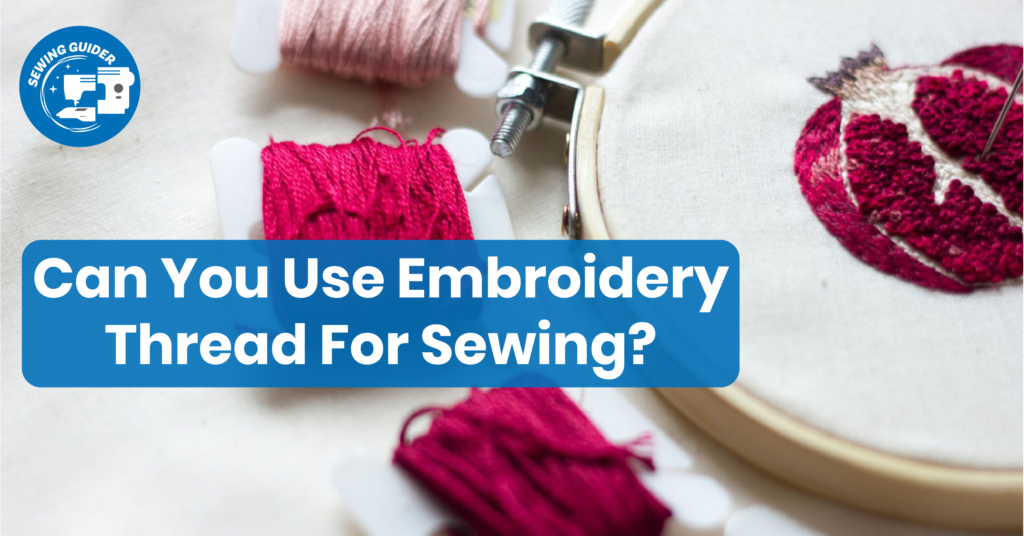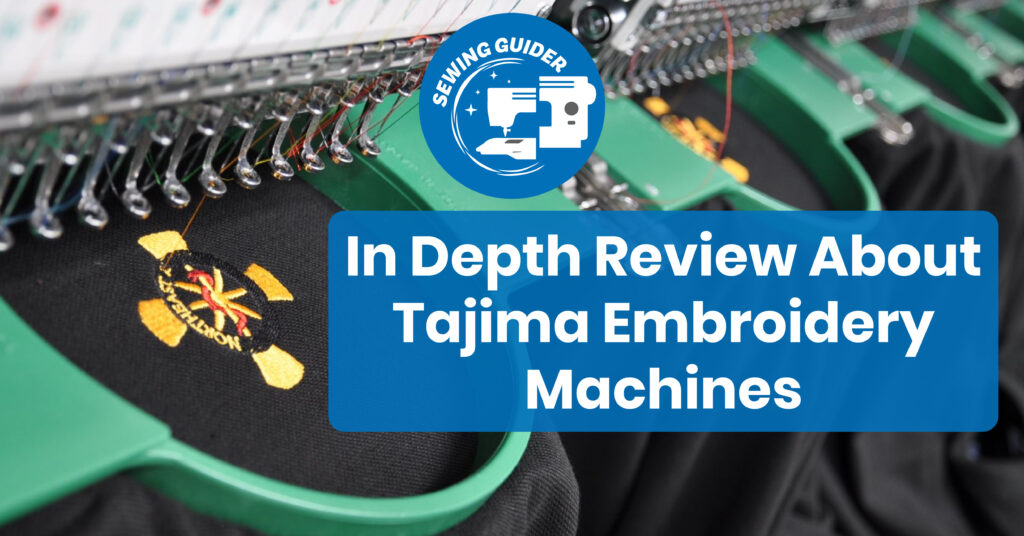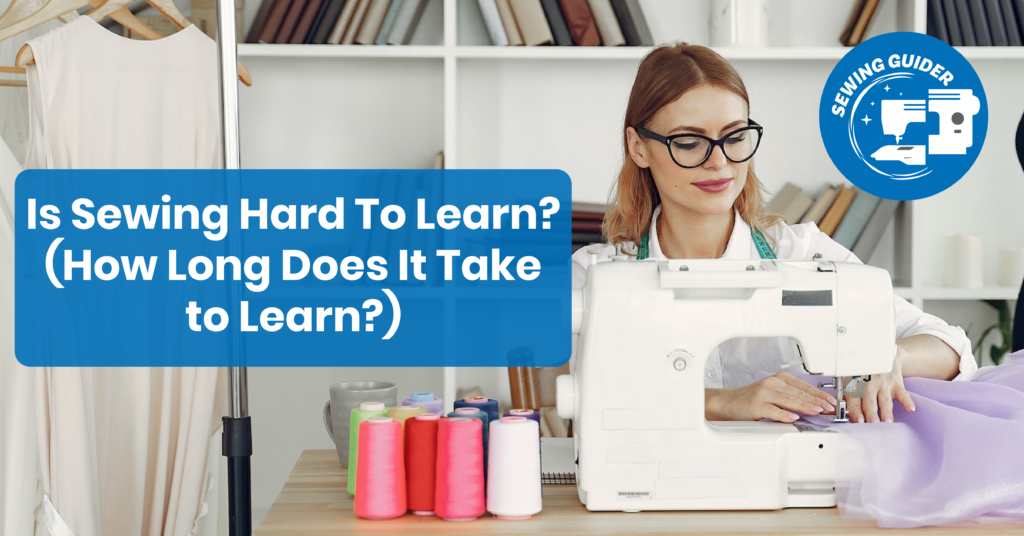You can create beautiful designs using embroidery threads. What happens when you embroider a masterpiece, and it comes into contact with water? Is it possible to get embroidery thread wet and still maintain its integrity? This article will explore the relationship between thread embroidery and water. We’ll offer insights and tips on how to keep your embroidered pieces looking their best.
Understanding Embroidery Thread:
Cotton, rayon, silk, and polyester are common materials for embroidery thread. Each thread type has unique properties that can influence how it reacts with moisture.
Can Embroidery Thread Get Wet?
Yes, you can wash embroidery thread. The thread is waterproof, but its ability to withstand water depends on the thread type and the dye quality. What you need to understand:
Cotton Thread:
Cotton is a highly absorbent thread that can lose color or weaken when exposed to moisture. Avoid soaking cotton embroidery and only spot-clean it if needed.
Polyester Thread:
Polyester threads tend to be more resistant to water and retain their color, strength, and durability when exposed to moisture. However, prolonged exposure to water may still cause some fading.
Silk Threads:
Silk threads can be damaged when exposed to water. Silk embroidery is delicate and can be damaged by water.
Rayon thread:
Rayon threads may weaken and bleed colors when wet. Avoid exposing rayon embroidery to water as much as possible.
How do you protect embroidery thread from water?
Avoid Submerging: Do not submerge your embroidered items in water. Use a dampened cloth with mild detergent to gently dab or spot-clean stains.
Test First: Before cleaning the Embroidery, test it on a small area that is not visible to ensure the dye and thread won’t be affected by the water.
Air Dry: Allow your Embroidery to dry naturally if it gets wet. Avoid excessive heat and direct sunlight, as they can cause damage.
Water-resistant: Use outdoor or water-resistant embroidery threads if you expect your Embroidery to be exposed to moisture often.
Is Embroidery thread colorfast?
The quality and type used in the thread will determine how colorfast it is. High-quality threads are often more colorfast. This means they will not fade or bleed under water or when washed.
How do you clean embroidery thread?
You can clean embroidery thread by gently washing it with lukewarm and mild detergent. To avoid damaging the thread, do not scrub or wring it. Rinse the thread thoroughly and let it air dry.
Is Embroidery Thread shrinking when washed?
In general, embroidery thread does not shrink when it’s washed. This is because, most of the time, the material used to make it, whether synthetic or cotton, has been pre-shrunk before production. Incorrect washing, like using hot water, can cause distortion.
How do you wash embroidery thread by hand?
Fill a basin with warm water and mild soap, then gently stir the water before immersing and swishing the thread. Rinse with cold water, and let it air dry.
What is the proper care of embroidery thread?
To care for embroidery thread properly, keep it out of direct sunlight, store it in a dry, cool place, and handle it gently to avoid damage or tangling.
Can The Washing Machine ruin Embroidery?
In general, it is not recommended that Embroidery be washed in a machine. The agitation can cause damage to both the Embroidery as well as the fabric. It’s safer to wash Embroidery by hand.
Does Embroidery Thread harm the body?
When used for Embroidery, high-quality Embroidery is made of non-toxic materials such as cotton or polyester. It’s safe to use. As with any craft supply, avoiding inhaling or ingesting loose fibers is important. Some people are sensitive to certain materials and should care when using embroidery thread.
Frequently Asked Questions
Can I wash the Embroidery that has been done with cotton thread?
You can wash Embroidery with cotton thread, but caution is essential. Hand wash with cold water and a mild detergent, and avoid vigorous scrubbing to prevent color bleeding and thread weakening.
How about Embroidery done with silk thread?
Silk thread is delicate and can be damaged by water. It’s best to spot clean silk embroidery using a damp cloth and mild detergent and avoid full immersion in water whenever possible.
What happens if polyester embroidery thread gets wet?
Polyester thread is more water-resistant compared to cotton or silk. It usually retains its color and strength when exposed to moisture, but extended exposure may cause some fading.
Can I machine wash Embroidery with any thread?
It’s generally not recommended to machine wash embroidery, as the agitation and heat can be harsh on the thread and fabric. Use a gentle cycle and place the item in a protective mesh bag if necessary.
Can I use a stain remover on embroidered items if they get stained?
Be cautious when using stain removers on embroidered items, especially those with delicate threads. Please test a small, inconspicuous area first to ensure it won’t affect the thread or dye, and follow the product’s instructions carefully.
What should I do if my embroidered item gets soaked in the rain?
If your embroidered item gets soaked in the rain, gently blot it with a dry towel to remove excess moisture and allow it to air dry naturally. Avoid using heat sources like hairdryers, as they can cause damage.
Can I iron Embroidery that has gotten wet to remove wrinkles?
If your embroidered item has wrinkles after getting wet, iron it with a low heat setting and a pressing cloth to protect the threads from direct heat.
Conclusion
In summary, while embroidery thread can get wet, how it reacts to moisture depends on its type and quality. To preserve the beauty and longevity of your embroidered creations, handling them carefully, avoiding unnecessary water exposure, and following proper cleaning and drying techniques are crucial. By taking these precautions, you can ensure that your embroidered pieces remain vibrant and attractive for years.




